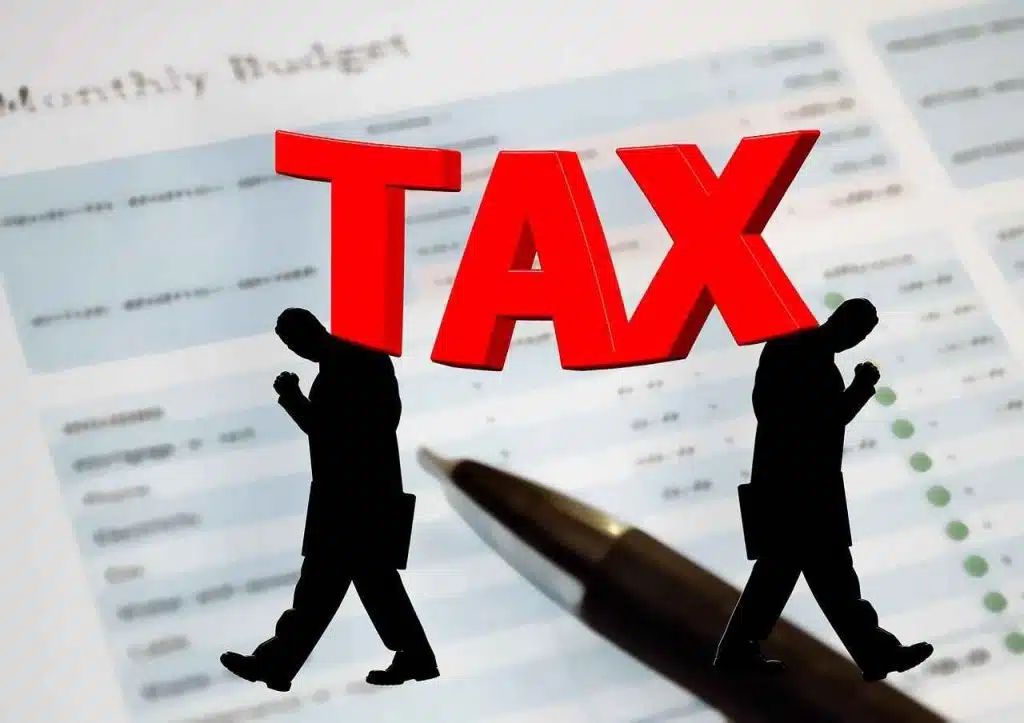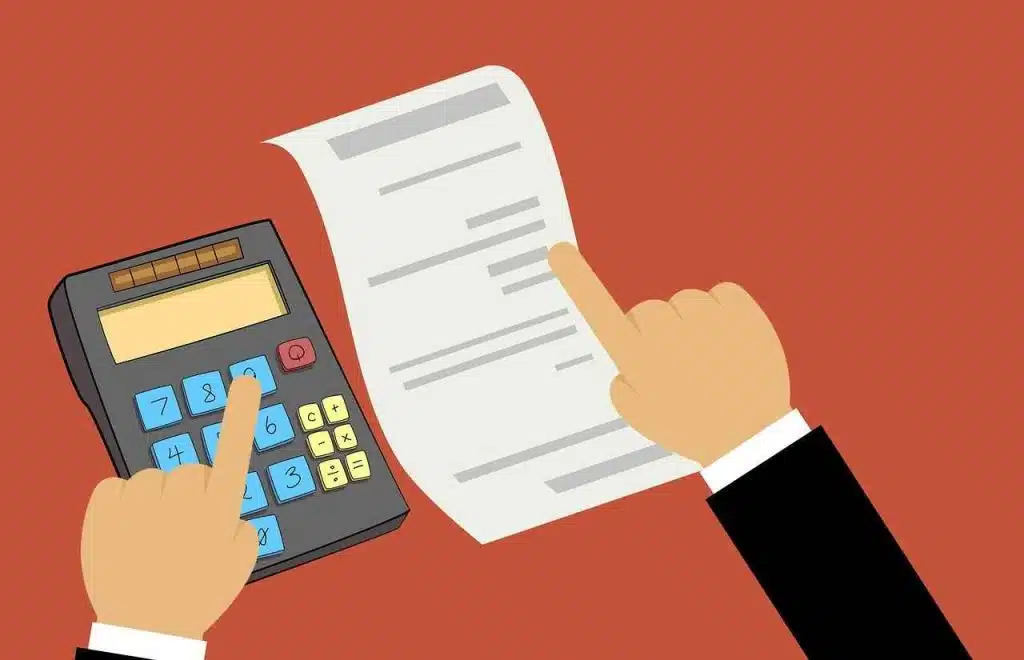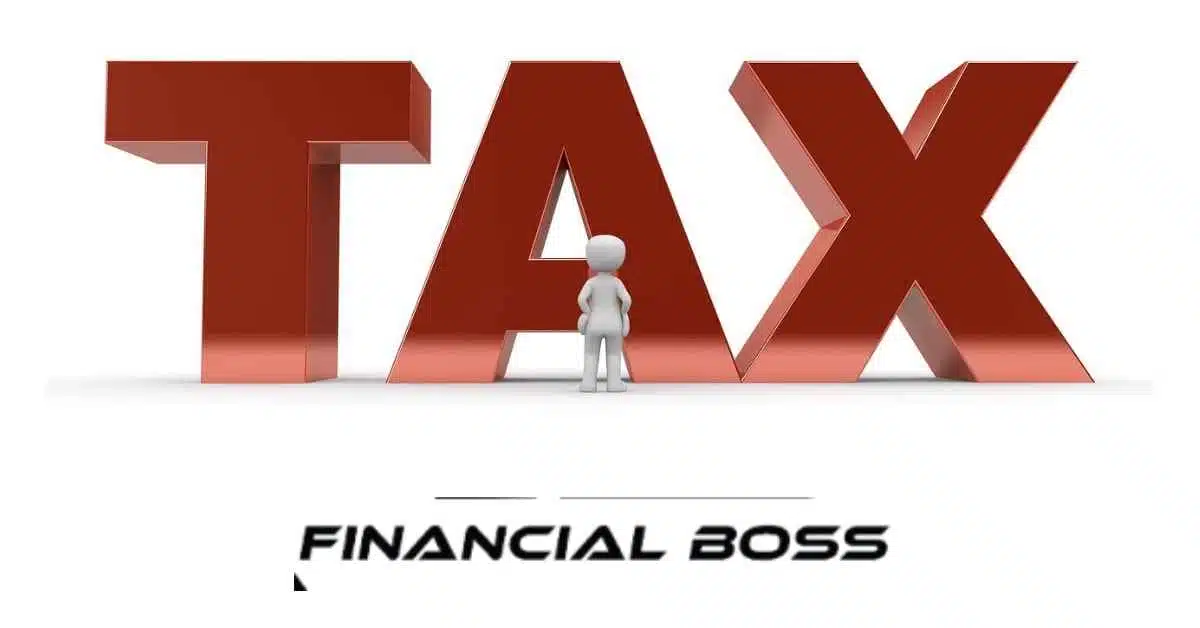
“Income Tax notice? Aware of such 6 activities” Customers are responsible for keeping an eye on highly valuable services because, on special occasions like Diwali, they could increase in value and attract inquiry. What six transactions on your taxable income tax return will result in tax notices from a non-reporting taxpayer? Money value can, however, occasionally go beyond this limit.
To know more about the Income Tax notice? Aware of such 6 activities, continue to read.
- Cash Deposits In Savings Bank Accounts
- Paying Credit Card Bill
- High Value Deposits In Bank FDs
- Investing In Shares, Debentures, And Mutual Funds Related Cash Transactions
- Sale Of Foreign Currency And Indulging Expense Of Foreign Exchange
- Purchase Or Sale Of An Real Property

1. Cash Deposits In Savings Bank Accounts
A maximum of Rs. 10 lakhs can be deposited into a bank account. A savings account user who makes more than Rs. 10 Lakhs in investments within a financial year may receive an income tax notice from the income tax department. As a result, the IRS must be informed of any cash transactions or withdrawals from a bank account that total more than Rs. 10 lakh. The highest current account balance is Rs. 50 lakhs.
2. Paying Credit Card Bill
A cash payment of Rs. 1 lakh or more made to settle credit card debt must be monitored, according to CBDT. Also, the tax authorities must be notified whenever a payment of Rs. 10 lakh or more is made to settle credit card debt during a financial year. The most worrisome tax is the income tax that is levied on purchases made using credit cards. You need to watch out that you don’t go over your credit card’s spending limit. As your credit card information is linked to your PAN card, the tax authorities can monitor your credit card transactions. The PAN card’s link to the details of your credit card also makes it possible for the government to easily keep track of how much money you spend online. Any important transaction should be revealed when submitting an Income tax return.
3. High Value Deposits In Bank FDs
No more than Rs. 10 lakhs should be deposited in cash in a bank FD. Banks are obligated to notify the Central Board of Direct Taxes (CBDT) if individual deposits in one or more fixed deposits exceed the specified limit.
4. Investing In Mutual Funds, Debentures, And Shares Related Cash Transactions
Investors must sure that the cash transactions in their mutual funds, equities, bonds, or debentures do not exceed Rs. 10 lakhs in a financial year. To keep track of taxpayers’ high value cash transactions, the income tax department has created an annual information return (AIR) account of financial activities. Tax officials will collect information on transactions with unusually high values throughout a specific financial year.
5. Sale Of Foreign Currency And Indulging Expense Of Foreign Exchange
The income tax department should be informed if a person receives at least Rs. 10 lakhs from the sale of foreign currency, coupled with any credit in that currency received from a debit card, credit card, insurance, traveler’s cheque, drafts, or other instruments.
6. Purchase Or Sale Of An Real Property
If you spend Rs. 30 lakhs or more on real estate, the tax authorities will be looking over your shoulder. Any purchase or sale of real estate for Rs. 30 lakhs or more required the property registrar to notify the tax authorities. The Form No. 26AS must be used to communicate the purchase or sale of real estate.

here are some tips to avoid attracting an Income Tax notice:
- Maintain complete records: Make sure you save all the records and paperwork required to understand your income and transactions. If needed, this will assist you in giving accurate information to the tax authorities.
- File your tax returns on time: The first and most important action to avoid an income tax notice is timely filing of your tax returns. The chance of receiving a notice increases if you delay or miss the deadline.
- Disclose all your income: Even if you don’t receive Form 16 or any other document, you must always include all of your sources of income on your tax return. The chance of receiving a notification increases if you hide any income.
- Verify your tax return: After you file your tax return, it’s important to double check it. It can be done offline or online. Your tax return will be considered invalid if you don’t verify it, and you’re able to receive a notice.
- Avoid claiming excessive deductions: Deductions are permitted by the income tax law, but claiming excessive amounts of them may be cause for concern and may draw the attention of the tax office. Be sure the deductions you include are accurate and supported by the correct documentation.
- Report any changes in income: Make careful to include a statement on your tax return if your income changes over the year, such as a raise in pay or a bonus. Any changes in income that are not reported could result in a notification.
- Consult a tax expert: It is generally preferable to consult a tax specialist if you are confused about any tax-related issue. They may advise you on how to submit your tax returns properly so that you won’t receive a notice.
Conclusion:
“Income Tax notice?” In conclusion, it’s crucial to report all taxable income and transactions accurately and promptly to avoid receiving an income tax notice from the tax authorities. Failing to report all taxable income or transactions could result in penalties, interest, and legal consequences. It’s always recommended to consult with a licensed tax professional or financial advisor for any tax-related questions or concerns to ensure compliance with tax laws and regulations. If you do receive an income tax notice, it’s important to read it carefully, take action promptly, and seek professional assistance if necessary.
[WPSM_AC id=4057]

